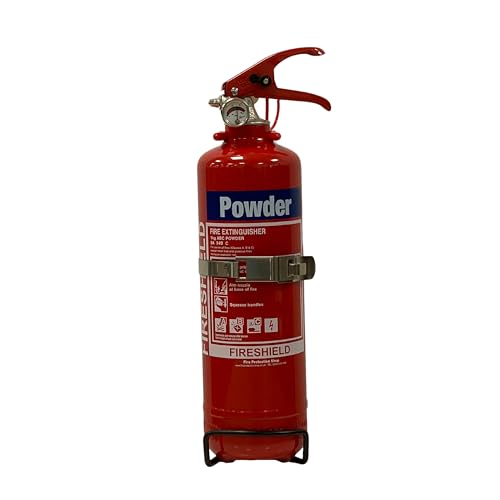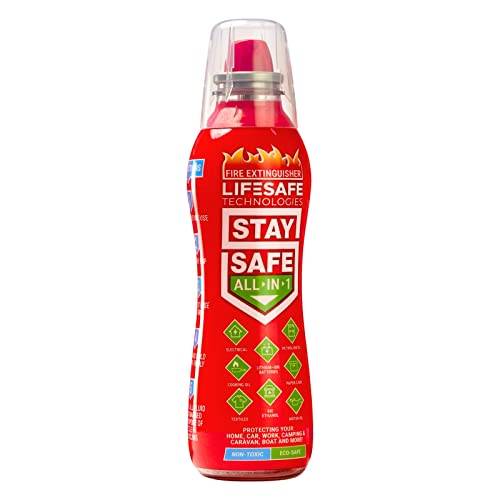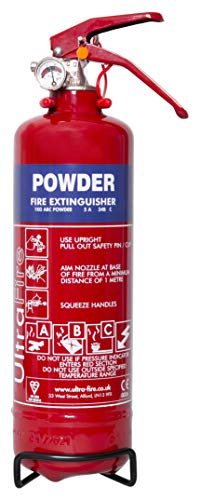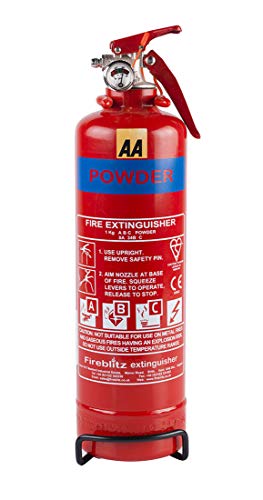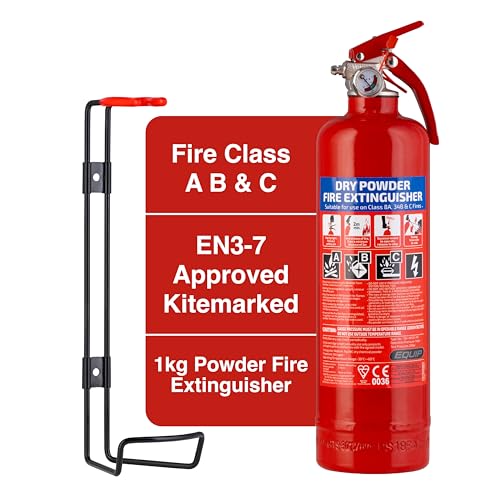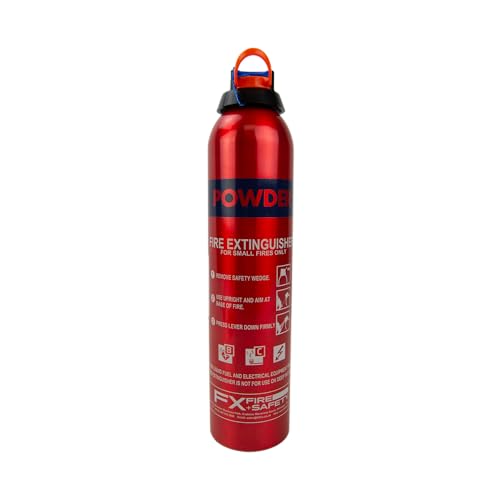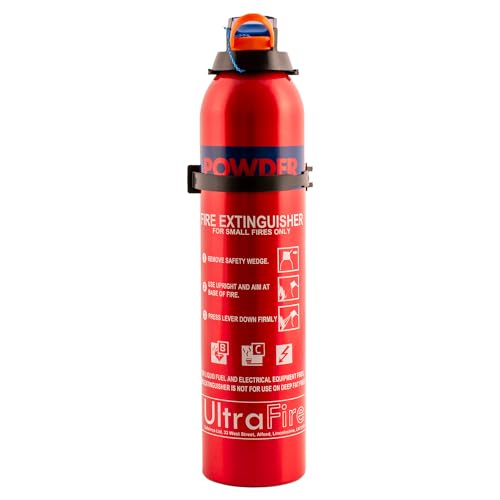Understanding Car Fire Extinguishers: Why Every Driver Needs One
The Importance of Safety on the Road
As drivers, our primary concern should always be safety. Imagine you’re driving your car, and suddenly, you smell smoke or see flames. This alarming scenario highlights why having a car fire extinguisher is essential. Cars can catch fire due to various reasons, including electrical issues, fuel leaks, or even a simple overheating engine. A car fire extinguisher can be a crucial tool that allows us to take immediate action, potentially saving lives and preventing extensive damage to our vehicle.
Common Causes of Car Fires
Understanding why car fires happen can reinforce our commitment to having a fire extinguisher in our vehicle. Causes often include malfunctioning electrical systems, engine overheating, and flammable materials in the car. Additionally, accidents can puncture fuel lines or tanks, leading to disastrous consequences. By being informed about these triggers, we can better appreciate the value of being prepared with an effective fire suppression tool.
Types of Car Fire Extinguishers: Choosing the Right One for Your Needs
Exploring Different Fire Extinguisher Classes
Fire extinguishers are categorized into different classes based on the type of fire they are designed to combat. In vehicles, we primarily deal with Class B and Class C fires. Class B extinguishers are ideal for flammable liquids, such as petrol and oil, while Class C extinguishers are designed for electrical fires. For comprehensive protection, choosing a fire extinguisher that covers both classes, often marked as ABC, is beneficial.
Size Matters: Selecting the Right Size for Your Vehicle
When selecting a car fire extinguisher, size is a crucial consideration. Most compact options are designed specifically for vehicles and can easily fit in your boot or under a seat. We recommend choosing a fire extinguisher that weighs around 1 to 2 kg, as it strikes a balance between being lightweight and powerful enough to tackle small fires effectively.
Key Features to Look For in a Car Fire Extinguisher
Understanding Fire Extinguisher Ratings
Fire extinguishers are labelled with ratings that indicate their effectiveness. When we look for a car fire extinguisher, ensure it has the proper ratings for Class B and Class C fires. These ratings will be indicated on the label, offering us confidence that the extinguisher will perform as needed in an emergency.
Portability and Ease of Use
In an emergency, being able to access and operate a fire extinguisher quickly is paramount. We should look for models that are lightweight, easy to handle, and equipped with a user-friendly nozzle. Some models have anti-roll features or mounting brackets, which make them convenient to store and ready for immediate use.
How to Properly Use a Car Fire Extinguisher in an Emergency
The P.A.S.S. Technique
To ensure our safety and effectiveness when using a fire extinguisher, we can follow the P.A.S.S. technique: Pull, Aim, Squeeze, and Sweep. First, we pull the pin at the top of the extinguisher to break the seal. Next, we aim the nozzle at the base of the fire, not the flames. Then we squeeze the handle to release the extinguishing agent. Finally, we sweep the nozzle side to side until the fire is fully extinguished. Practising this method in a safe environment can prepare us for anxious situations.
When to Evacuate and Call for Help
In some fire scenarios, using a fire extinguisher may not be safe or effective. If the flames are large or spreading rapidly, our best option is to evacuate the vehicle immediately and call emergency services. Always prioritise personal safety over attempting to control a fire that could become uncontrollable.
Maintenance and Care Tips for Your Car Fire Extinguisher
Regular Checks and Inspections
To ensure our car fire extinguisher is always in working order, regular inspections are essential. We should physically check the unit once a month, ensuring the pressure gauge is in the green zone and that there are no visible physical damages or leaks. If we find any issues, it’s best to replace the extinguisher quickly.
Storing and Protecting Your Extinguisher
Proper storage is vital for the longevity of our car fire extinguisher. It’s best to keep it in an area that is easily accessible in an emergency, such as securely mounted in the boot or under a seat in a safe manner. Avoid placing it in direct sunlight or extreme temperatures, as these conditions can affect the extinguisher’s performance.



